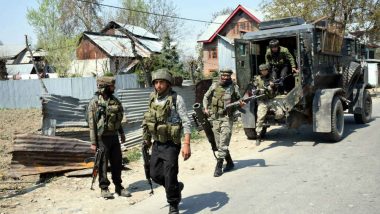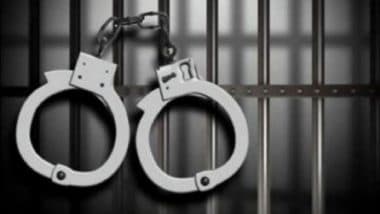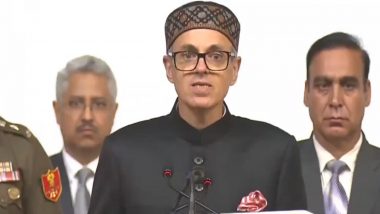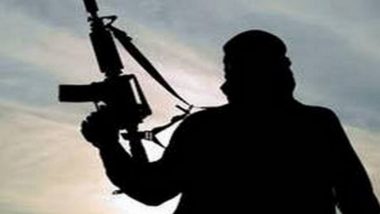New Delhi, Aug 11: The Centre will be in direct control of law and order and police in the Union Territory of Jammu and Kashmir through the Lieutenant Governor (L-G), while land will be a subject under the elected government there, officials said on Sunday.
President Ram Nath Kovind on Friday gave assent to a legislation for bifurcation of Jammu and Kashmir under which two Union Territories -- Jammu and Kashmir, and Ladakh -- will come into existence on October 31. Jammu & Kashmir Governor Satya Palik Extends Eid al-Adha Greetings; Administration Installs Over 300 Telephone Booths.
Land -- the rights in or over it -- will be with the elected government of the Union Territory of Jammu and Kashmir, unlike in Delhi where the L-G exercises control through the Delhi Development Authority (DDA), a central government entity.
The UT of Jammu and Kashmir will have a Lieutenant Governor and the maximum strength of its assembly will be 107, which will be enhanced to 114 after a delimitation exercise. Twenty-four seats of the Assembly will continue to remain vacant as they fall under Pakistan-occupied Kashmir (PoK).
According to the Jammu and Kashmir Reorganisation Act, 2019, the Legislative Assembly of the UT of Jammu and Kashmir may make laws for the whole or any part of the union territory with respect to any of the matters enumerated in the state list of the Constitution except the subjects mentioned in entries one and two -- 'public order' and 'police' respectively -- or the Concurrent List in the Seventh Schedule of the Constitution.
Police, and law and order in Delhi and Puducherry, both of which have their own legislative assembly, is directly controlled by the Centre through the L-G.
Matters related to land, that is to say rights in or over it, land tenures, transfer and alienation of agricultural land, land improvement and agricultural loans will be under the domain of the elected government of UT of Jammu and Kashmir.
Land revenue, including the assessment and collection of revenue, maintenance of land records, survey for revenue purposes and records of rights, and alienation of revenues will also come under the purview of the elected government of UT of Jammu and Kashmir.
Police, law and order, and land in the UT of Ladakh will be under the direct control of its L-G, through whom the Centre will administer the high-altitude region. According to the Act, Ladakh will not have a legislative assembly.
On and from the appointed day, that is October 31, when the two newly created UTs will come into existence, the High Court of Jammu and Kashmir shall be the common high court for the UTs of Jammu and Kashmir, and Ladakh.
The judges of the high court of Jammu and Kashmir for the existing state of Jammu and Kashmir holding office immediately before the appointed day shall become on that day the judges of the common high court.
All India Services like the Indian Administrative Service (IAS) and the Indian Police Service (IPS), and the Anti-Corruption Bureau (ACB) will be under the control of the L-G and not the elected government of the UT of J&K.
The services and the ACB are the two key reasons for the frequent tussle between the Arvind Kejriwal-led Delhi government and the Delhi Lieutenant Governor.
The Act says the cadres of the IAS and IPS for the existing state of Jammu and Kashmir, on and from the appointed day, shall continue to function on the existing cadres.
However in future, the all India service officers to be posted to UTs of Jammu and Kashmir or Ladakh shall be borne on the Arunachal Pradesh, Goa Mizoram and Union Territory cadre, more popularly known as UT cadre.









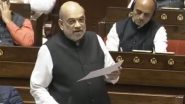



 Quickly
Quickly









